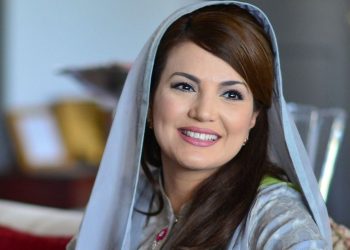ISLAMABAD: Chief Justice of Supreme Court, Justice Umar Ata Bandial, has termed the law of life time disqualification under article 62 (1)(f) of the constitution as black law. His remarks came during the course of proceedings on Tuesday in which life time disqualification of PTI leader Faisal Vawda was under review.
A 3 judges bench headed by Chief Justice Umar Ata Bandial conducted the hearing, during which the CJP remarked that the law seeking to permanently disqualify under 62 (1)(f) of the constitution was a black law, and that the court would hear the case with due caution.
Lawyer Waseem Sajjad told the bench that Faisal Vawda contested elections in 2018 and two years later, a petition was filed in High Court which sought to disqualify him over his misleading affidavit regarding dual nationality.
On this occasion, the CJP remarked that the Election Commission of Pakistan had the full authority to investigate into wrong affidavit, and facts would remain unchanged even if the ECP’s verdict of lifetime disqualification is overturned by the Supreme Court. He made observations that the ECP had rightfully examined facts in Faisal Vawda’s case.
Responding to lawyer Farooq H Naek statement that in its verdict, the Islamabad High Court had made it clear that Faisal Vawda had admitted his dual nationality, the CJP remarked that the only question remained before us was whether or not the ECP had the authority to disqualify someone for lifetime, adding that the court would hear the case in details.
The hearing was later adjourned until October 6.
It is interesting to mention here that in its landmark judgement in April 2018, a five judges bench of the Supreme Court headed by then CJP Justice Saqib Nisar had unanimously declared that disqualification handed down under Article 62 (1)(f) of the Constitution was for life. The bench also included Justice Umar Ata Bandial who had read out the verdict.
The decision stated that the disqualification of any member of parliament or a public servant under Article 62 (1)(f) in the future will be “permanent”. Such a person cannot contest elections or become a member of parliament.
According to Article 62(1)(f) of the Constitution, a person shall not be qualified to be elected or chosen as a member of Majlis-e-Shoora (Parliament) “unless — he is sagacious, righteous, non-profligate, honest and ameen, there being no declaration to the contrary by a court of law”.





































